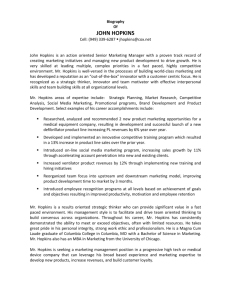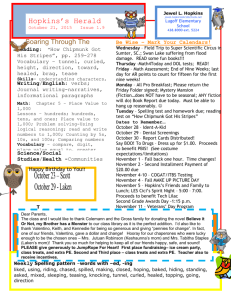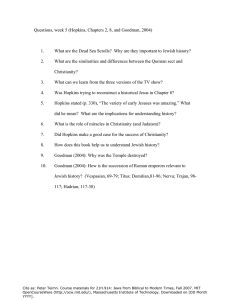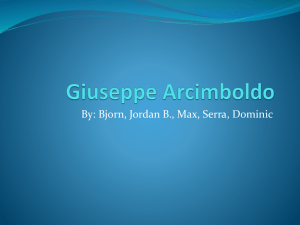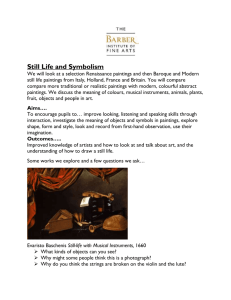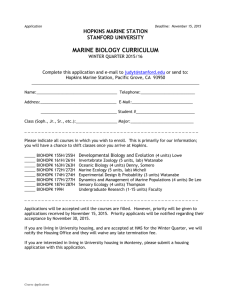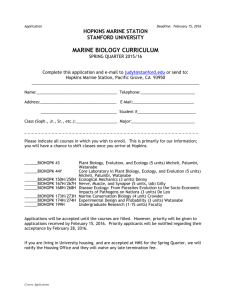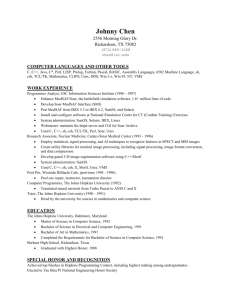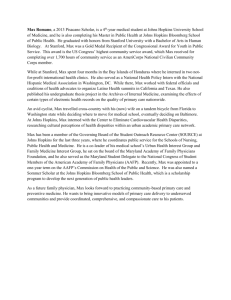the artist's perspective: anthony hopkins
advertisement
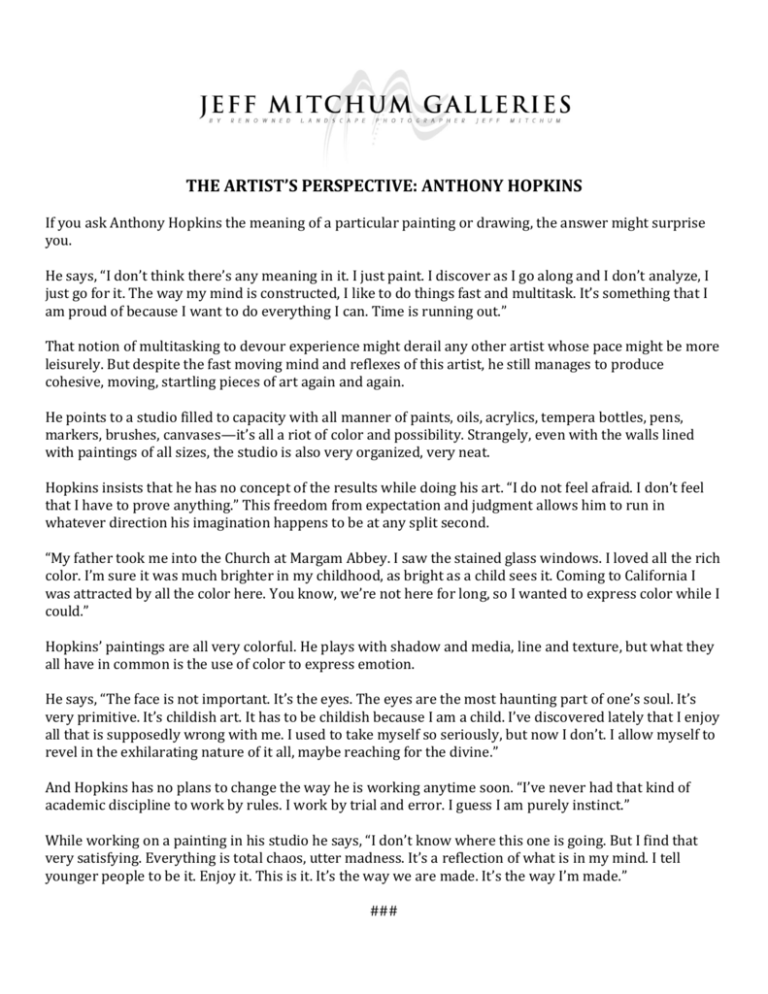
THE ARTIST’S PERSPECTIVE: ANTHONY HOPKINS If you ask Anthony Hopkins the meaning of a particular painting or drawing, the answer might surprise you. He says, “I don’t think there’s any meaning in it. I just paint. I discover as I go along and I don’t analyze, I just go for it. The way my mind is constructed, I like to do things fast and multitask. It’s something that I am proud of because I want to do everything I can. Time is running out.” That notion of multitasking to devour experience might derail any other artist whose pace might be more leisurely. But despite the fast moving mind and reflexes of this artist, he still manages to produce cohesive, moving, startling pieces of art again and again. He points to a studio filled to capacity with all manner of paints, oils, acrylics, tempera bottles, pens, markers, brushes, canvases—it’s all a riot of color and possibility. Strangely, even with the walls lined with paintings of all sizes, the studio is also very organized, very neat. Hopkins insists that he has no concept of the results while doing his art. “I do not feel afraid. I don’t feel that I have to prove anything.” This freedom from expectation and judgment allows him to run in whatever direction his imagination happens to be at any split second. “My father took me into the Church at Margam Abbey. I saw the stained glass windows. I loved all the rich color. I’m sure it was much brighter in my childhood, as bright as a child sees it. Coming to California I was attracted by all the color here. You know, we’re not here for long, so I wanted to express color while I could.” Hopkins’ paintings are all very colorful. He plays with shadow and media, line and texture, but what they all have in common is the use of color to express emotion. He says, “The face is not important. It’s the eyes. The eyes are the most haunting part of one’s soul. It’s very primitive. It’s childish art. It has to be childish because I am a child. I’ve discovered lately that I enjoy all that is supposedly wrong with me. I used to take myself so seriously, but now I don’t. I allow myself to revel in the exhilarating nature of it all, maybe reaching for the divine.” And Hopkins has no plans to change the way he is working anytime soon. “I’ve never had that kind of academic discipline to work by rules. I work by trial and error. I guess I am purely instinct.” While working on a painting in his studio he says, “I don’t know where this one is going. But I find that very satisfying. Everything is total chaos, utter madness. It’s a reflection of what is in my mind. I tell younger people to be it. Enjoy it. This is it. It’s the way we are made. It’s the way I’m made.” ###
